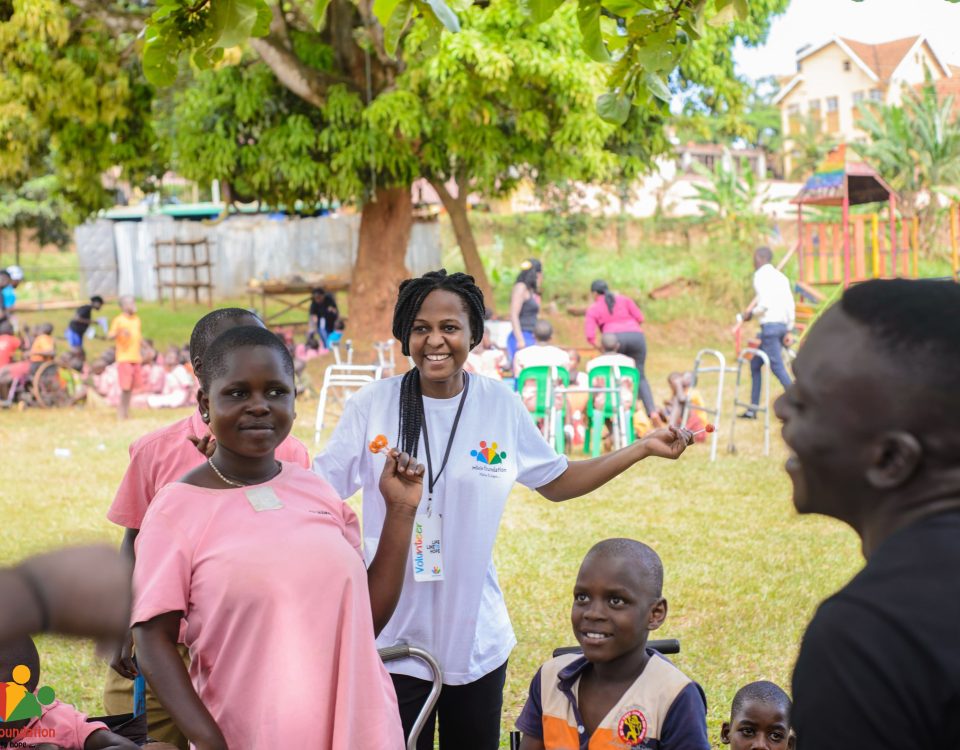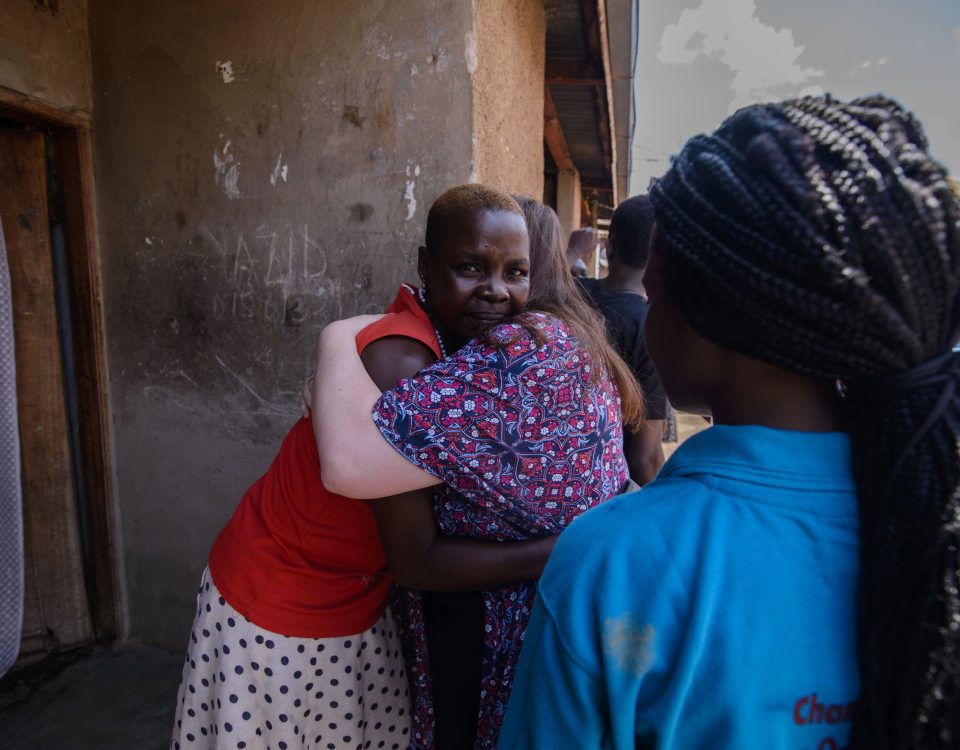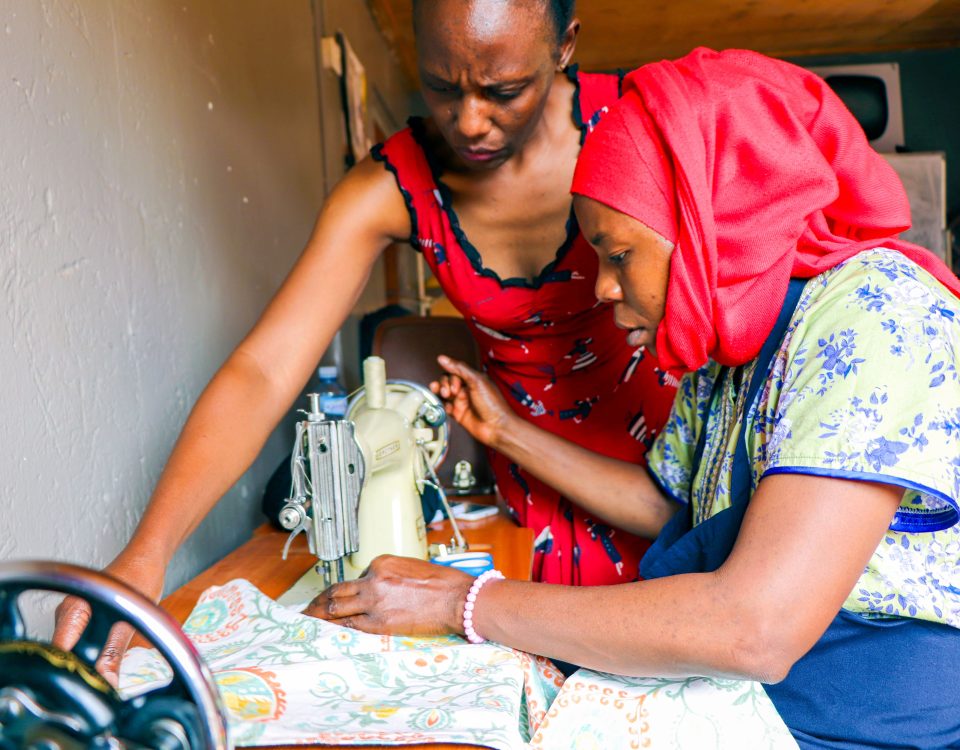
9 Reasons why we need to empower vulnerable women in Uganda
December 19, 2022
Handicapped Children Empowerment in Uganda
February 2, 2024Children with Disabilities in Uganda: 11 Factors Associated with Their Lives
Uganda just like many African countries has a large number of children with disabilities. According to the Ministry of Health, over 10% of the country’s population has some form of disability.
However, the majority of these children face a number of challenges that make it difficult for them to fully participate in society.
In this article, we explore 11 factors associated with children with disabilities in Uganda and their impact on their lives.
Lack of access to education for children with disabilities in Uganda
One of the biggest challenges faced by children with disabilities in Uganda is the lack of access to education. Many schools are not equipped to accommodate children with disabilities, and many parents are unable to afford the extra costs associated with providing specialized education.
This can result in a lower level of education and limited opportunities for these children to reach their full potential.
Stigma and discrimination
These children often face stigma and discrimination from society. This can lead to feelings of isolation and exclusion, as well as limiting their opportunities for social and economic development.
Health challenges
Many children with disabilities in Uganda face significant health challenges including limited access to healthcare, high rates of malnutrition, and a lack of access to specialized medical care. This can result in further disability and reduced quality of life for these children.
Limited access to assistive devices
Assistive devices such as wheelchairs, crutches, and hearing aids can greatly improve the lives of children with disabilities.
However in Uganda, these devices are often not available or too expensive for families to afford. This can result in a reduction in mobility and independence for these children.
Limited access to support services
They often lack access to support services, such as rehabilitation and support groups. This can result in a lack of emotional and practical support for both the child and their family.
Lack of awareness
Many people in Uganda are not aware of the rights of children with disabilities and the services available to them. This can result in a lack of support for these children and their families.
Financial constraints
The cost of raising a child with a disability can be high, particularly in a country where many families live in poverty. This can result in limited resources for these children, including food, clothing, and healthcare.
Family responsibilities
In many cases, disabled children are the primary care-givers for their families. This can result in a heavy burden on these children and limit their ability to attend school and engage in other activities.
Inadequate disability legislation for children with disabilities in Uganda
In Uganda, disability legislation is often inadequate and not properly enforced. This can result in limited support for children with disabilities and their families, and can also contribute to the stigma and discrimination they face.
Lack of access to employment opportunities
In Uganda, children with disabilities often face significant barriers to employment. This can result in limited economic opportunities for these children and their families.
Limited access to information and communication
In many cases, children with disabilities are unable to access information and communicate effectively. This can result in a lack of awareness and understanding of their rights, as well as limited opportunities for social and economic development.
Disabled children in Uganda face numerous challenges that hinder their overall development. These challenges are caused by a combination of physical, social, and economic factors that impact their lives. It is imperative that the government, NGOs like Milele Foundation Uganda and communities in Uganda take action to address these challenges and provide adequate support and resources for children with disabilities. We can all play a role in creating a more inclusive and supportive society




